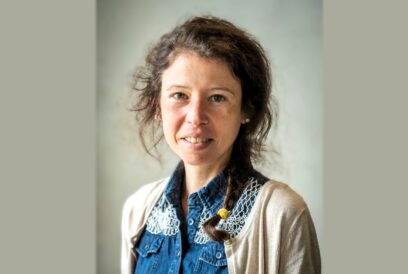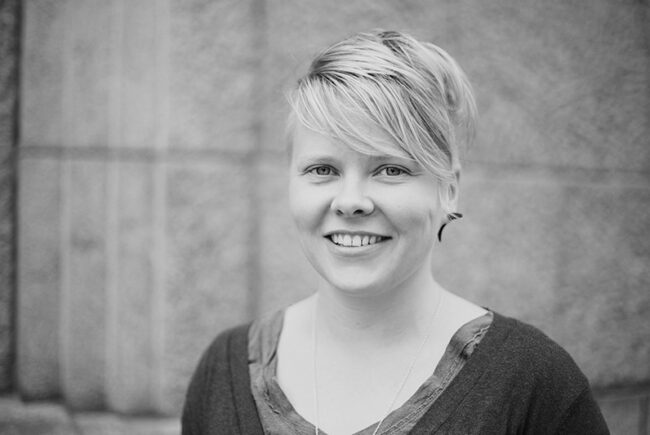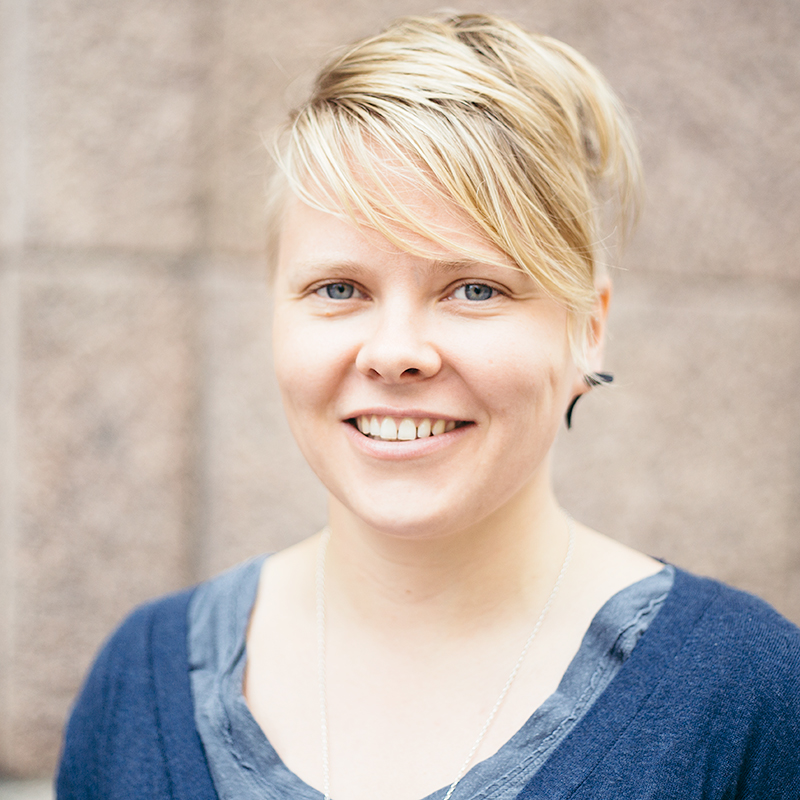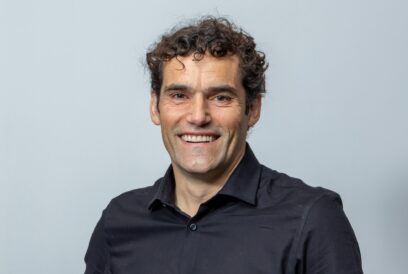Anne Tastula, in her column, brings attention to an important matter: the allocation of development aid to the Palestinian territories. Concerns about the potential misappropriation of funds and their alleged connection to terrorist groups have raised questions about the sustainability of aid from European countries. However, Tastula emphasizes the imperative need to recognise the crucial role that development aid plays in addressing the stability of the area.
In the face of the humanitarian crisis in Gaza, enabling immediate aid to civilians is of course now more crucial than ever. After decades of unlawful occupation by Israel, with the outbreak of the war the already imposed restrictions in Gaza and in the West Bank have further intensified. This is making it challenging even for established global organisations like the UN to deliver essential humanitarian aid such as food, water, electricity and support for emergency relief services.
War crimes have been committed by both sides of the conflict, Hamas and Israel. Regardless of the responsible party, it is absolutely clear that all instances of war crimes, violence against civilians, and violations of international laws must be strongly condemned.
Certainly, at this point the immediate focus must be on a ceasefire, stopping the violence against civilians and providing humanitarian aid.
But we should also not lose sight of the importance of long-term development funding. This foreign aid is crucial in empowering Palestinians for future statehood and bringing peace to the area.
Development aid is needed to support the way towards a strong democracy through greater gender equality, social inclusion and respect for human rights.
Various international organisations, including the United Nations, the European Union, the Non-Aligned Movement, Human Rights Watch and the Red Cross have consistently supported the two-state solution as the preferred outcome for the Israeli-Palestinian conflict as a means to achieve a peaceful resolution.
Development aid is needed to enhance the transparency and credibility of the Palestinian Authority and support the way towards a strong democracy through greater gender equality, social inclusion and respect for human rights.
Development aid under threat
While the EU foreign ministers in October swiftly reversed their decision to suspend EU development aid payments to Palestine, debates on the national level regarding funding are ongoing.
A steep decline in foreign aid to Palestine has already happened in recent years.
Before the war, the UN and World Bank had been appealing to the international community to offer stable and substantial financial assistance to the Palestinian population. In the latest UNCTAD report from 2022, the UN stated that such support was crucial to reducing hardships and preventing a severe economic and social crisis from escalating.
Despite decades of illegal occupation, human rights violations and war crimes by Israel, the country is the leading recipient of EU funds among all Middle Eastern nations. These funds are directed almost entirely to the field of research, Israel receiving an amount six times greater than the aid provided to Palestine by the EU since 2019.
EU assistance directed at Palestine primarily focuses on providing comprehensive public services. As in other countries, Palestine development aid also often focuses on the most vulnerable groups, including women and young people.
The funding is allocated through programmes focusing on human rights, civil society and democracy. Educational programmes are supported by development aid by building schools, providing educational materials and training teachers.
EU assistance directed at Palestine primarily focuses on providing comprehensive public services.
Over one third of Palestinians live below the poverty line and this number is increasing. Women in particular are adversely affected by poverty and disadvantage. The restrictions on movement by the occupying power, Israel, weaken their access to work, education and health services. In Gaza, the employment situation and poverty are worse than in the West Bank. Even before the war, 80% of people living in Gaza were dependent on international assistance.
In development cooperation, thorough planning, careful partner selection, continuous project monitoring, regular reporting, external assessments and audits are essential tools to ensure that funding is allocated to the right activities and target groups, and that it is used according to the plan. The EU’s development cooperation funds are not directed at terrorist organisations.
EU funding is crucial to the most vital services, peace building in the region and enhancing the effectiveness and transparency of public institutions in Palestine.
Stopping foreign aid to Palestine during the destruction and attacks on civilians will not stop the violence and will primarily harm ordinary Palestinians, hitting the most vulnerable the hardest. Most of the development money is directed at the West Bank, which is not under the control of Hamas, but governed by the Palestinian Authority.
Investment in stability and humanity
The ongoing conflict in the region definitely necessitates increased international cooperation and intervention, but meanwhile EU nations must continue their efforts to provide tools for building peace, democracy and humane living conditions in the Middle East.
Experts warn that cutting aid could create a power vacuum that will be seized by Hamas and other militant groups.
Development aid to the Palestinian territories is not just a financial investment; it is an investment in humanity.
Education supported by development aid can help prevent radicalisation and the support of violence. Furthermore, development aid is crucial in addressing the economic and social conditions in Palestine and contributing to overall regional stability. This also contributes to the long-term stability of Western countries.
Development aid to the Palestinian territories is not just a financial investment; it is an investment in humanity. We do not need to take sides in a war to assert one fundamental principle: the laws of war and human rights must be upheld. By upholding these principles and continuing development aid, we are not only helping the present generation but also sowing the seeds of a brighter and more stable future for all.
Since 2016, Anne Tastula has been working for Kvs Foundation’s educational programme in Palestine funded by Finnish development co-operation appropriations for non-governmental organisations by the Ministry for Foreign Affairs. During her years of project management and Media Literacy teaching, she has worked with hundreds of young Palestinians whose dream is to make their own living and live in peace.
ELM Magazine is published by the Finnish Lifelong Learning Foundation, KVS.









